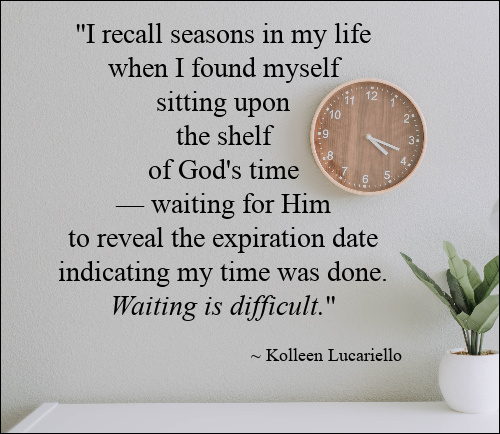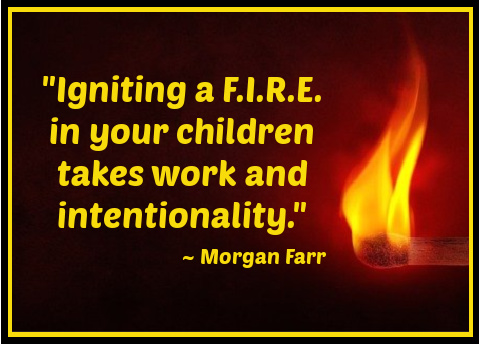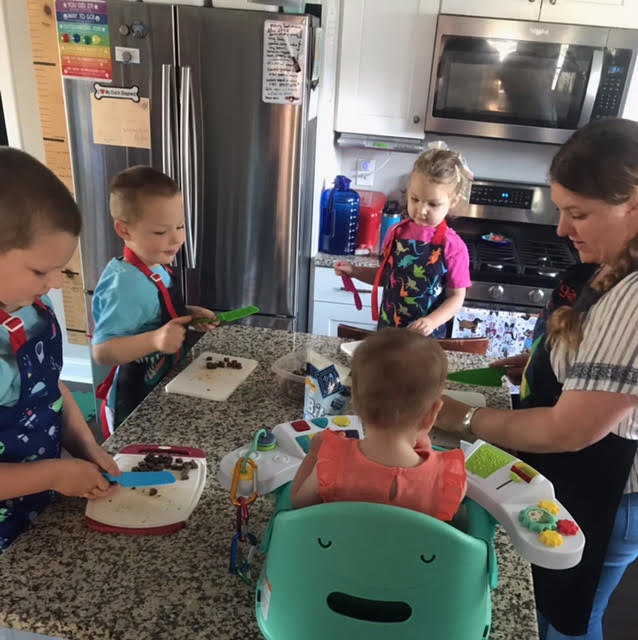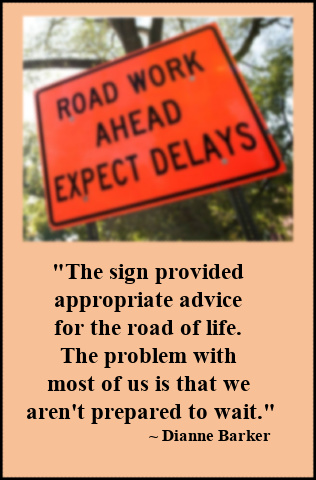Practice for Our Prince
To say Morgan Farr is strong is an understatement, but add two words to that, and it just about sums up this young mom's character. She is "strong in Christ." In this Parenting UPGRADE, she applies the word "practice" to parenting, and explains how we are to "practice" to the glory of God in our families.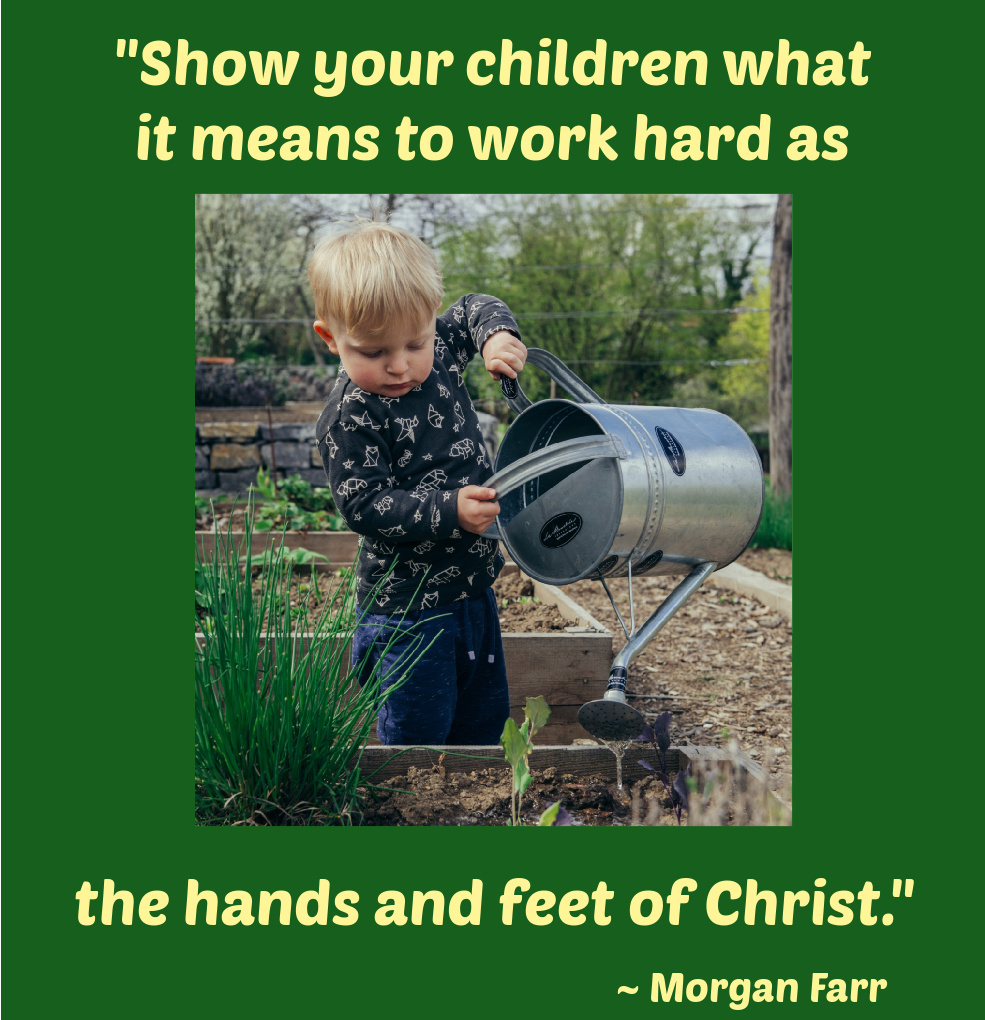 "With children," Morgan says, "being present is more important than being perfect."
"With children," Morgan says, "being present is more important than being perfect."
As a former homeschooling mom, I (Dawn) saw that truth in action almost daily. I am grateful I had the opportunity to spend those early days of childhood development alongside my children. I can attest that what Morgan says is true.
Morgan continues . . .
I had a basketball coach tell me once, "Practice makes perfect." At the time, I believed him.
But now as an adult, I realize that the truth is what was said by football coach Vince Lombardi:
"Practice does not make perfect. Only perfect practice makes perfect”.
Parenting is a lot like coaching. We are given these people, and we are responsible for helping them learn and practice the fundamentals that will make them great in their lane.
All coaches deal with struggles and setbacks with their athletes. The way that a good coach battles this is by being present with their athlete—teaching, instructing, modeling, and retraining when they get off their groove.
Parenting is no different.
The most common complaints that I hear among fellow parents is as they deal with screen time, outside play, and teaching children to be selfless.
This raises the question:
As parents, what are we helping our kids to practice?
As I share with you how my family "Practices for our Prince," I want to remind you that I am not a psychologist, pediatrician, or counselor. I am a theologically-minded mother focused on raising my children to live for Christ.
Help Your Children "Practice for Our Prince."
1. Practice with Your Tools.
The first tool anyone ever owns is their own body.
Learning to eat, walk, talk, and control yourself is an early part of doing God’s work, even if it doesn’t seem like it! Teaching children to be masters of their body is so important. They have to be taught to eat well, rest, exercise, play, sleep, and care for their bodies well.
As a young child, the focus should be purely on play, as God created them to be that way for their own development.
However, as a child ages and the call God has placed on them becomes clear, learning to discipline their body so that they can perform optimally is crucial.
For example:
- If your child wants to be a missionary in a remote village where they'll have to haul water from a well, they will have to be able to haul water!
- If your child feels God is calling them to be a first grade teacher, they'd better have the mobility to get up and down off the ground over and over again in a given day!
Helping a child to be fit and active is easier if they understand the why, and it helps if they see YOU doing it too.
In our family, we eat well, walk, jump, run, skip, hop, dance, and even lift weights, so that we can be used exactly as God wants to use us!
2. Practice Being a Good Steward.
The next topic is by far the most commonly discussed. Kids go to school, do homework, and maybe they play a sport. The rest of the time, they are on their phone or computer, or playing video games.
The dreaded "screen time debate" is fairly simple in my mind.
If you are the parent, and you have decided what the screen time limit is, when the time is up, you simply turn off the screen!
There are a LOT of apps and devices that can help you manage screen time well. (Contact me if you need some recommendations.)
The best way I have found to talk to my kids about screen time is to draw a PIE CHART of their day.
- Fill in how much time they spend, and show that time is a gift from God.
- Teach them that we want to be a good steward of the time God has given us.
- This means no more than—fill in your designated amount of screen time here—per day.
And parents, hold to this as well. Keep YOUR screen time in check so that you are helping your child practice appropriate boundaries and maintain focus.
Here's a Hint:
Practice Being "HANDS and FEET."
In order to encourge children to limit screen time, help them cultivate their bodies, and be present in the world.
Mark 12:31 tells us to “love our neighbor”—so get out and do it! Be the hands and feet of Christ.
- Volunteer with the church nursery.
- Go paint your elderly neighbors fence.
- Arrange to help the expecting mother on your street every week when she brings in her groceries.
- Is your church hosting a VBS? Volunteer to set up and break down.
Open your eyes—and your children's eyes—to the needs around your neighborhood, church, and local community. Lead your children by example.
Show your children what it means to work hard as the hands and feet of Christ.
3. Practice What You Preach.
This is perhaps where we can have the greatest impact of all, by praying for our children without ceasing.
- Tell them you are covering them in prayer,
- Pray for them out loud and by name, and
- Pray for them silently as you work.
Keep a prayer journal so you can look back and see all the ways God answered prayers with both "yes" and "no" answers. Teach your children that God’s answer of “no” is just as important as His answer of “yes”.
Finally, even with excellent practice, no one can be truly perfect. Only Jesus did that.
While we may train a child in the way he or she should go, children still have free will and sometimes they choose differently than we hoped that they would.
Pray fervently for your children, help them practice as they grow, and release them well to the plan that God has for them.
Which practice will you take up this week?
 Morgan Farr is a Texas-loving, succulent-cultivating, book nerd and aspiring author. Stationed in Philadelphia, Pennsylvania, this Army wife is learning to train dogs, developing her four young children, and tackling homeschool life… while moving all over the country. Morgan believes in integrity, authenticity, and grit. Although she writes for many different publications, you can almost always find Morgan’s most recent ramblings on her blog.
Morgan Farr is a Texas-loving, succulent-cultivating, book nerd and aspiring author. Stationed in Philadelphia, Pennsylvania, this Army wife is learning to train dogs, developing her four young children, and tackling homeschool life… while moving all over the country. Morgan believes in integrity, authenticity, and grit. Although she writes for many different publications, you can almost always find Morgan’s most recent ramblings on her blog.
Graphic adapted, courtesy of Filip Urban at Unsplash.
 Post a Comment → Posted on
Post a Comment → Posted on  Wednesday, August 4, 2021 at 2:41PM
Wednesday, August 4, 2021 at 2:41PM 







